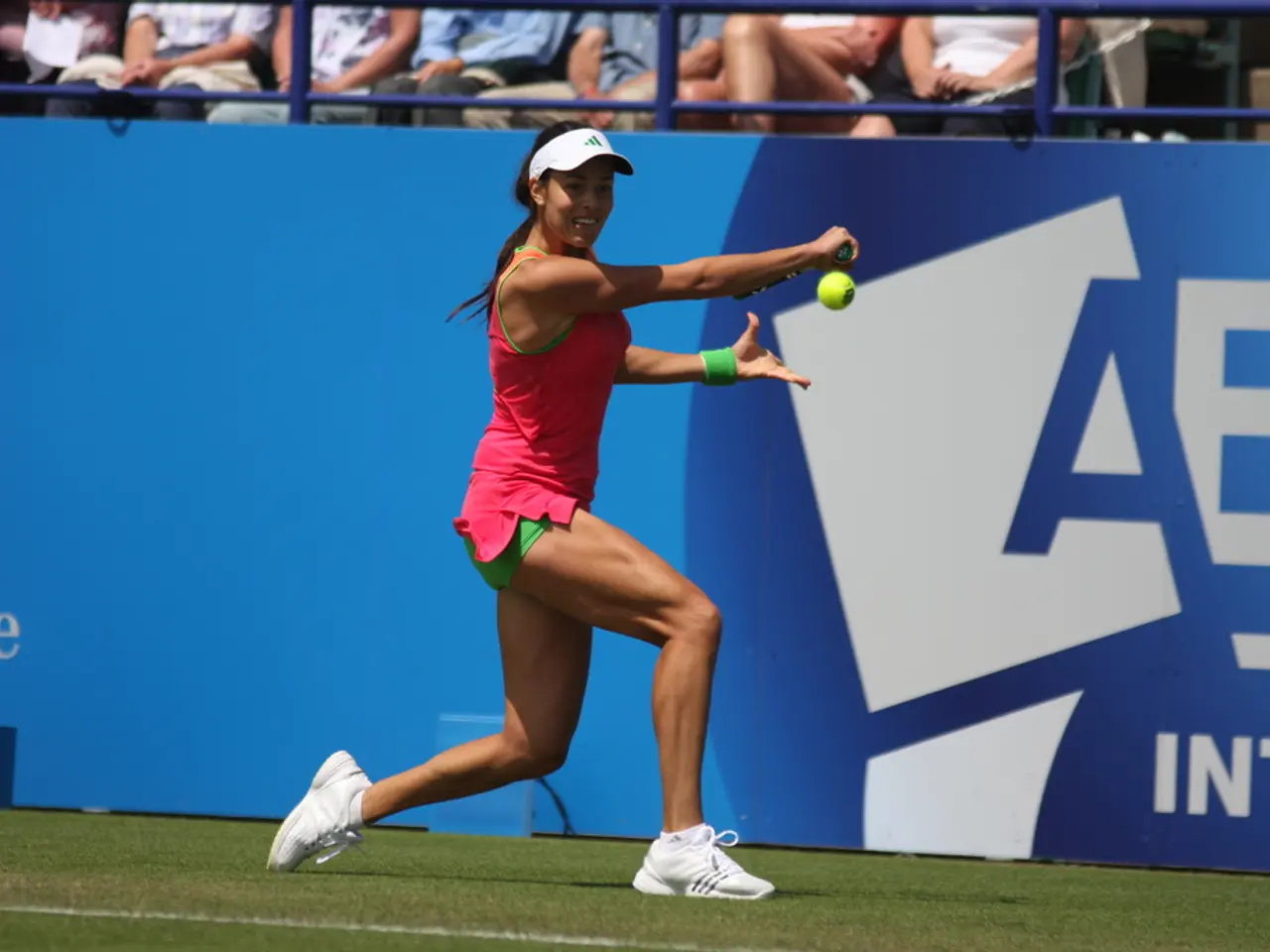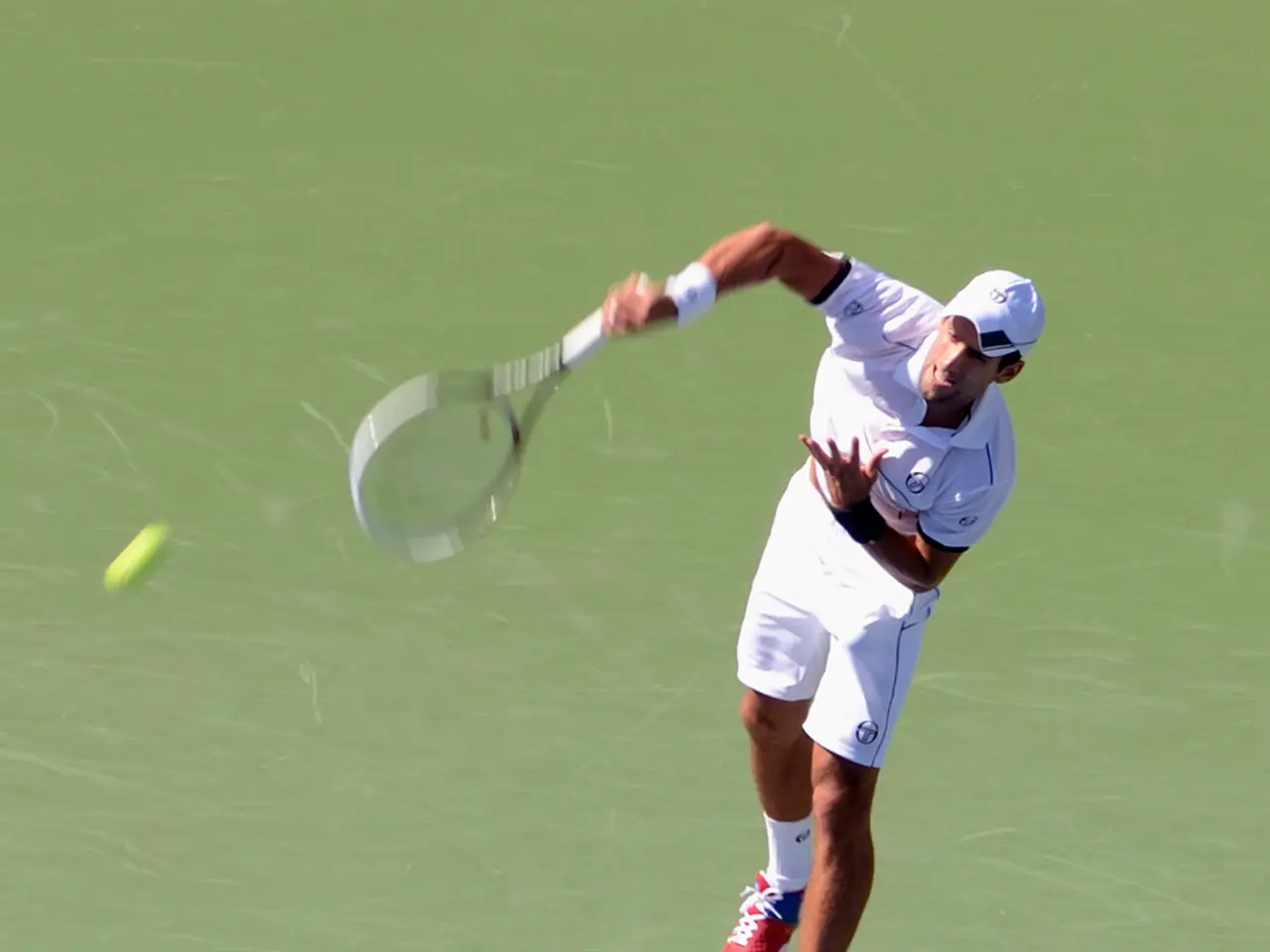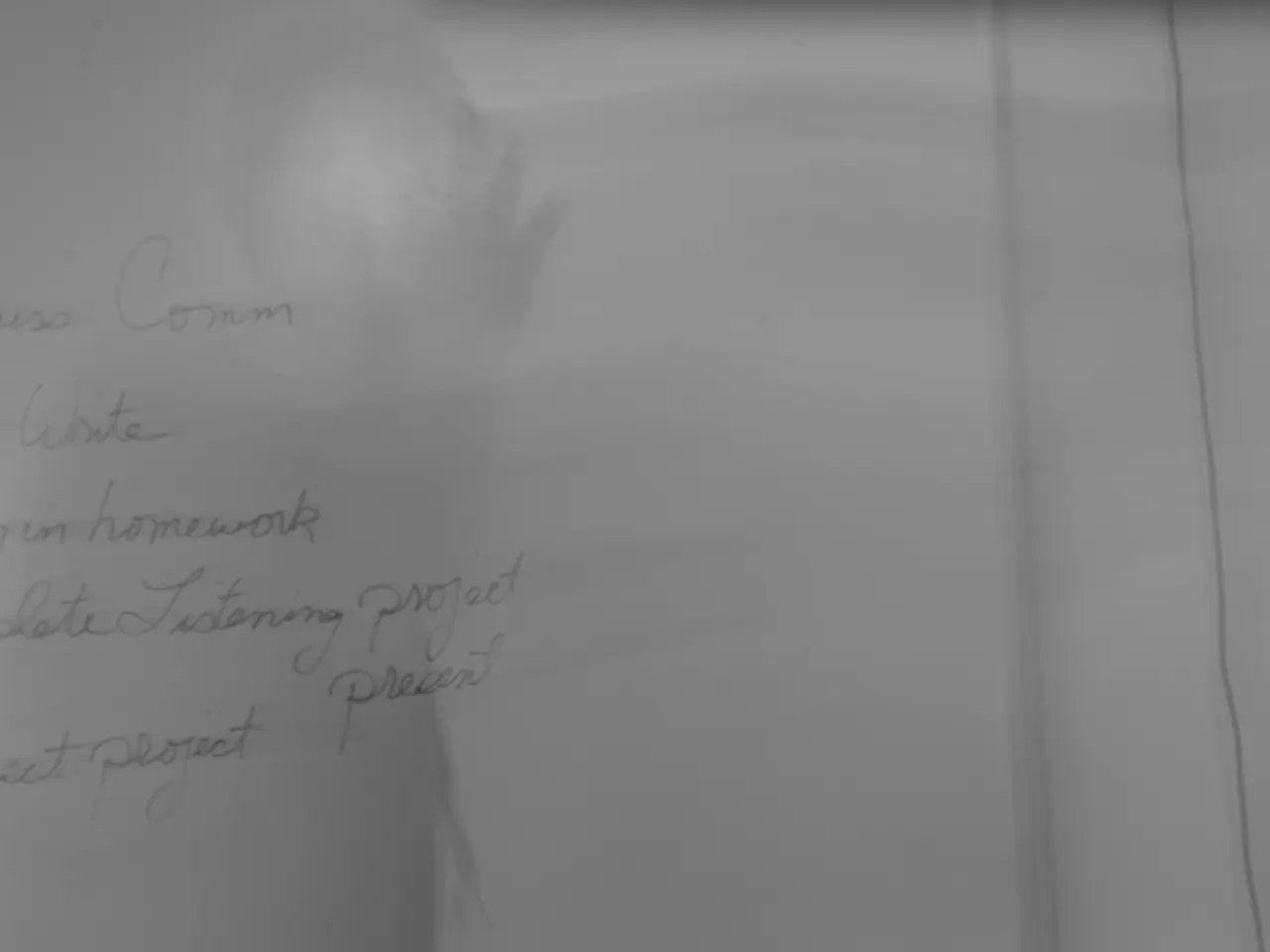Electronic line calling dispute at Wimbledon as Anastasia Pavlyuchenkova alleges match was unfairly taken from her
**Headline:** Wimbledon's Automated Line-Calling System Sparks Debate Among Players
The introduction of the fully automated line-calling system at Wimbledon, set to be implemented fully in 2025, has brought a mix of benefits and challenges to the historic tournament.
**Impact on Play**
The switch from human line judges to an AI-driven electronic system has resulted in increased precision and efficiency in line calls, eradicating human error. However, early teething problems have arisen, such as the system occasionally failing to track points or making unprompted calls between points, causing confusion and delays. During a 4th round match between Anastasia Pavlyuchenkova and Sonay Kartal, a key point was halted because the system failed to call an obvious "out," leading to a replay of that point and potentially affecting the match outcome.
**Player Sentiment**
Players have expressed mixed feelings about the change. Some appreciate the removal of subjective human calls and the associated challenges, seeing it as a move towards consistency and fairness. For example, Aryna Sabalenka is "50/50" but somewhat supportive because it removes disputes over calls. Conversely, traditionalists like Barbora Krejčíková prefer the old style with human line judges, valuing the human element and atmosphere they bring to the game.
Some players, including Pavlyuchenkova, have voiced frustration when system errors impacted their matches, feeling that the automated system "stole" points or games from them, contributing to a sense of disconnection and loss of the tournament's soul or humanity. Crowd and player reactions are sometimes affected by the AI system's calm and quieter voice, which changes the traditional interactive and emotional atmosphere created by human line judges' distinct, sharp calls.
**Ongoing Debate**
Pavlyuchenkova's comments highlight the ongoing debate about the role of technology and human intervention in tennis. The electronic line-calling system follows the trend of other tournaments, including the Australian Open and the US Open, in replacing human line judges. However, the system's occasional malfunctions and the resulting impact on matches have sparked concerns among some players.
In a recent incident, the electronic line-calling system was deactivated during a match on Centre Court at Wimbledon, causing confusion and delays. The All England Lawn Tennis & Croquet Club (AELTC) apologised to the players involved and conducted a full investigation.
As the transition towards a more technologically advanced tennis tournament continues, the balance between AI precision and the sport’s traditional human elements will remain a topic of discussion.
Tennis players have shown a mix of support and dissatisfaction towards the fully automated line-calling system implemented at Wimbledon, as it presents both benefits like increased precision and efficiency, but also challenges such as occasional system errors that can affect the outcome of matches.
Some players, like Anastasia Pavlyuchenkova, have expressed concern that the electronic system may take points or games away from them, which can lead to feelings of disconnection and a loss of the tournament's traditional human atmosphere. On the other hand, other players, such as Aryna Sabalenka, appreciate the removal of subjective human calls and the associated challenges, seeing it as a step towards consistency and fairness in sports.







